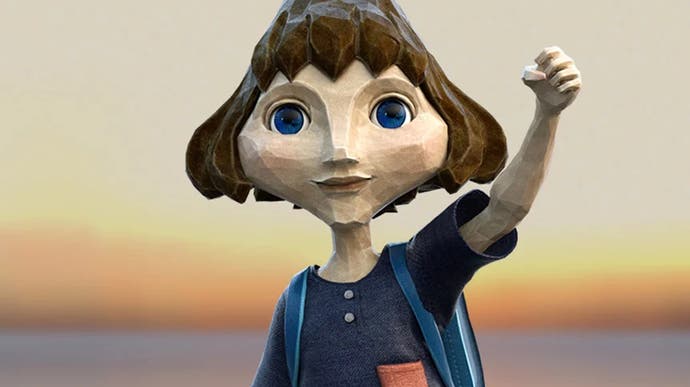The Tomorrow Children will not be free-to-play on its relaunch
Quids in.
The relaunch of Q-Games' The Tomorrow Children will see the removal of its former free-to-play model.
Originally releasing on the PlayStation 4 in 2016, The Tomorrow Children had a pretty rocky start. Unable to fully realise its potential as a free-to-play town-building, Soviet Union-themed, sandbox game, Sony shut down its servers a little over a year after its launch.
However, having regained the rights to the IP at the end of 2021, developer Q-Games set about relaunching The Tomorrow Children, thus giving the game a second chance. This time the developer is looking to switch up its formula, and the game will no longer be free to play.
Speaking to GamesIndustry.biz, Q-Games founder Dylan Cuthbert stated that the reason for this change is: "It means the game can be balanced a lot better, because we don't have to try and squeeze a bit of money out of the player at every opportunity.
"We can just actually build the game properly, based on normal - more normal, I suppose - progression methods."
Cuthbert goes on to say: "I really think the [problem] was basically just the free-to-play thing. I think people, especially at that time, didn't like microtransactions in general. At the time as well, I saw many comments saying, 'If this game was just a one-time purchase, I'd buy it.' Loads of people said that."
In Eurogamer's review of The Tomorrow Children, Christian Donlan said: "In truth, given the focus on toil, making The Tomorrow Children free-to-play in the first place initially feels like satire anyway. Here's a game about working, often joylessly, and you also often have to pay in order to play it at a decent pace."
While no specific release date for The Tomorrow Children's relaunch has been given, Q-Games hopes it will be ready for the end of 2022, with its second 'debut' coming to the PS4 initially.
After this, Q-Games hopes it will be able to bring the game to additional platforms, although at the time of writing which platforms, and when, remain unknown.


